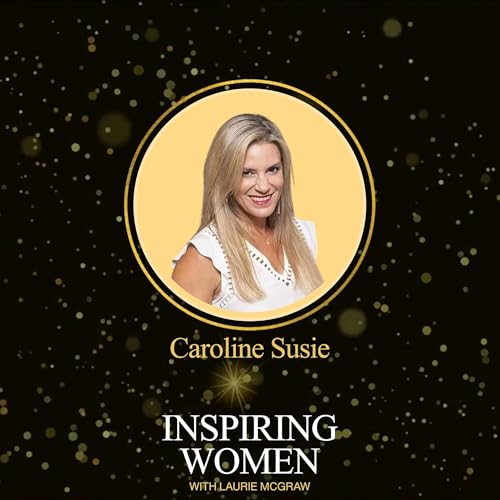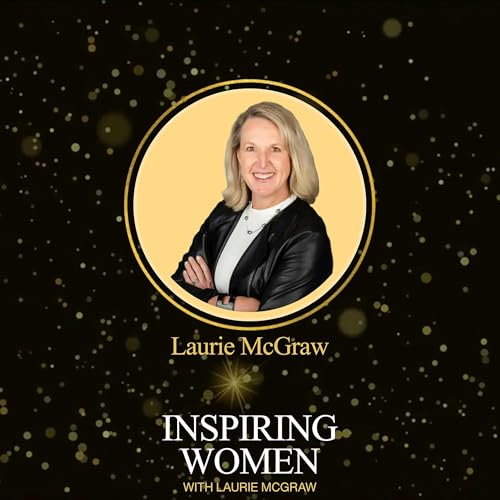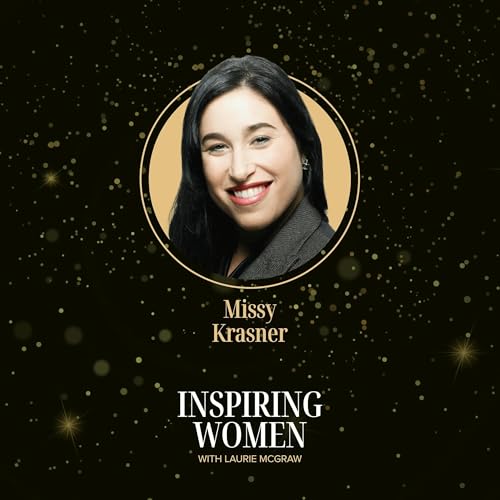Women comprise 75% of the healthcare workforce and make the majority of family healthcare decisions—yet hold only 20% of senior leadership positions. Dr. Amy Compton-Phillips, Executive Vice President and Chief Medical Officer of CVS Health, sees this gap as more than unfair. At CVS Health, Dr. Amy oversees clinical strategy for 9,000 community access points with a clear mission: simplify healthcare and make the right thing the easy thing. "We've put things like electronic medical records, narrow insurance networks, and administrative rigmarole between patients and people who can help them," she explains. "How can we start taking layers out?" But she didn't reach this role by following the traditional playbook. She turned down her dream job because the timing wasn't right for her family. She went part-time during peak career years, trading off with her husband as their priorities shifted. And she's consistently been tapped on the shoulder for opportunities rather than raising her hand, which taught her that doing your current job exceptionally well matters more than constantly positioning for the next one. In this conversation, Dr. Amy explains why healthcare needs women's voices at the executive table for design thinking that actually works, how she and her husband negotiated dual careers through different life stages, why "performance gets you the podium" but authenticity and strategic thinking get you the C-suite, and what it takes to be heard when you're the only woman in leadership rooms. Whether you're balancing clinical practice with administrative responsibilities, navigating when to say yes and no to opportunities, or building toward senior healthcare leadership, this is uncommon honesty about the trade-offs and strategies that actually matter. Key Takeaways: Do your current job exceptionally well—performance gets you noticed before you ever raise your hand Design healthcare systems with women's voices at the table; they're both the workforce majority and primary family decision-makers Negotiate career trade-offs with your partner over time; one person doesn't have to sacrifice permanently Saying no to your dream job might be the smartest move you make—if they value you, they'll come back Taking layers out of complexity requires intentional design thinking, not just adding more solutions Figure out what's working and what's not, then adjust your strategy—sometimes you need to literally or metaphorically elevate yourself to be heard About the Guest: Dr. Amy Compton-Phillips is Executive Vice President and Chief Medical Officer of CVS Health, where she leads clinical strategy across 9,000 community locations. She previously served as President and Chief Clinical Officer at Providence, a $25 billion health system with 52 hospitals and 120,000 caregivers, where she led the response to the first confirmed COVID-19 case in the United States. Earlier, she spent 22 years at Kaiser Permanente, rising from front-line internist to Chief Quality Officer. A CNN Medical Analyst and keynote speaker, she has served on boards including HIMSS, the Institute for Systems Biology, and Wellcare. She holds her bachelor's degree from Johns Hopkins University and her medical degree from the University of Maryland School of Medicine. Health Podcast Network Chapters 00:00 - Introduction and Holiday Health Tips 02:38 - Simplifying Health at CVS 05:31 - The Voice of the Customer: Women in Leadership 08:42 - Career Progression: Being Tapped on the Shoulder 10:11 - Saying No to the Dream Job 12:39 - Making Choices: Work-Life Integration 15:05 - Going Part-Time and Life Partner Negotiation 17:55 - Pull Out the Platform Shoes: Getting Heard as a Leader Guest & Host Links Connect with Laurie McGraw on LinkedIn Connect with Dr. Amy Compton-Phillips on LinkedIn Connect with Inspiring Women Browse Episodes | LinkedIn | Instagram | Apple | Spotify
Show More
Show Less
 Feb 17 202621 mins
Feb 17 202621 mins Feb 17 202625 mins
Feb 17 202625 mins 2 mins
2 mins 28 mins
28 mins 21 mins
21 mins Jan 13 202626 mins
Jan 13 202626 mins 25 mins
25 mins 25 mins
25 mins
